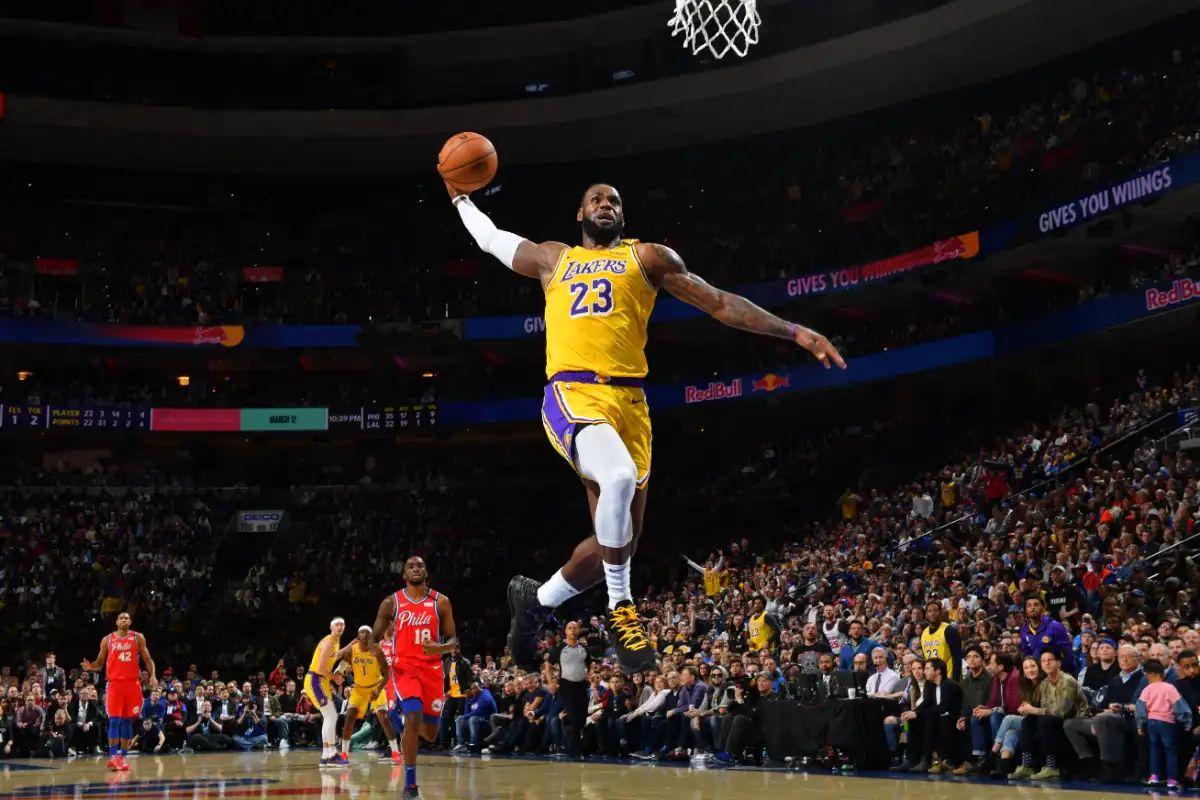In basketball — just like in many other sports — where a team plays often matters just as much as how well they play. The concept of home court advantage has long been accepted in the NBA, with familiar surroundings, supportive fans, and reduced travel fatigue all contributing to improved team performance. But beyond the emotional and physical benefits, home court advantage also affects how oddsmakers determine NBA point spreads — offering an opportunity for bettors who know how to interpret it.
This article explores how home court advantage influences point spreads, what specific factors drive it, and how bettors can develop sharper strategies by understanding this crucial element in NBA betting.
What Are NBA Point Spreads?
Before analyzing home court dynamics, it’s important to understand the mechanics of point spreads. In NBA betting, the point spread is a tool bookmakers use to level the playing field between two teams, assigning a predicted margin of victory for the favored team.
How Point Spreads Work
- If a team is listed at -5, they must win by more than five points for a bet on them to be successful.
- Conversely, a team listed at +5 can lose by fewer than five points — or win outright — for a bet on them to pay out.
- The goal is to make both sides of the wager equally appealing, balancing betting action across the board.
This system allows for more dynamic betting, but it also makes the spread highly sensitive to factors like team form, injuries, and — crucially — home court advantage.
How Home Court Affects the Spread
Playing at home provides a meaningful psychological and logistical edge. Teams tend to play with more confidence, energy, and consistency when in familiar territory, and oddsmakers account for this in their calculations.
Point Spread Adjustments for Home Teams
- Bookmakers typically add 2–4 points to a home team’s expected performance when setting the spread.
- This means if a neutral-court matchup would project a -6 spread, playing at home might shift that to -8 or even higher.
- These adjustments reflect not just the team’s overall strength, but their historical performance at home versus away.
For example, if the Lakers are facing the Knicks in Los Angeles, and would typically be -6 favorites on neutral ground, the line might move to -8 or -9 based on the strength of the Lakers’ home court advantage.

What Drives Home Court Advantage?
Not all home courts are created equal. Certain factors consistently contribute to stronger home performances and, as a result, wider point spreads in favor of the home team.
Key Elements of Home Court Edge
- Familiarity with the arena: Teams know the lighting, floor spacing, and unique quirks of their own courts, giving them comfort and rhythm.
- Fan support: A loud, energized crowd boosts player morale and focus — while rattling opponents into mistakes.
- Travel relief: Home teams avoid exhausting flights and hotel stays, maintaining a regular routine that improves physical readiness.
While these factors may seem subtle, they can swing the momentum in close matchups — and affect how spreads are crafted by oddsmakers and interpreted by bettors.
Strategies for Bettors: Leveraging the Home Court Factor
Smart bettors know that just because a team is at home doesn’t mean they’ll cover the spread — but factoring in specific trends can provide a valuable edge.
How to Factor Home Court into Betting Decisions
- Analyze home vs. away performance: Some teams thrive in their arena but fall flat on the road. Others might perform consistently regardless of venue. Research these patterns to identify true home court-dependent teams.
- Check for injuries: If a key player is missing or limited, it can neutralize the home court edge. Monitor pregame injury reports and lineup changes closely.
- Evaluate opponent strength: A powerful visiting team might reduce the typical advantage of playing at home. Look at head-to-head records, recent form, and defensive matchups.
By layering in these elements, you can refine your interpretation of point spreads and find valuable discrepancies the general public — and even some sportsbooks — might overlook.
The Psychological Role of the Crowd
Fans are often called the “sixth man” in basketball — and for good reason. Their presence can elevate home performance and subtly influence game outcomes.
The Crowd’s Influence on the Game
- Player motivation: Cheers, chants, and energy can push athletes to exceed expectations, especially in tightly contested games.
- Referee bias: Studies have shown that referees may, consciously or not, favor home teams slightly when influenced by crowd reactions.
- Momentum control: A roaring crowd after a key three-pointer or block can shift momentum in seconds — leading to unexpected point runs that cover spreads.
While difficult to quantify, this psychological element shouldn’t be ignored. Bettors who recognize its impact can better predict games where the crowd truly matters.
Conclusion: Betting Smarter with Home Court Advantage
Home court advantage is more than a buzzword — it’s a real, measurable influence on NBA outcomes and point spreads. For savvy bettors, understanding how oddsmakers adjust lines based on venue, and evaluating the specific strengths of each team at home, can open up real betting opportunities.
Still, it’s not a one-size-fits-all factor. Not all teams benefit equally from playing at home, and outside variables — like injuries or elite opponents — can shift the balance. By integrating team-specific data, emotional dynamics, and betting trends into your analysis, you can more accurately predict how the home court factor will affect the spread.
As the NBA evolves — with changes in travel schedules, arena environments, and fan engagement — so too will the dynamics of home court advantage. Staying informed and adaptable is key to staying ahead in NBA point spread betting. In short, understanding this single factor could be the difference between a losing ticket and a profitable night.






